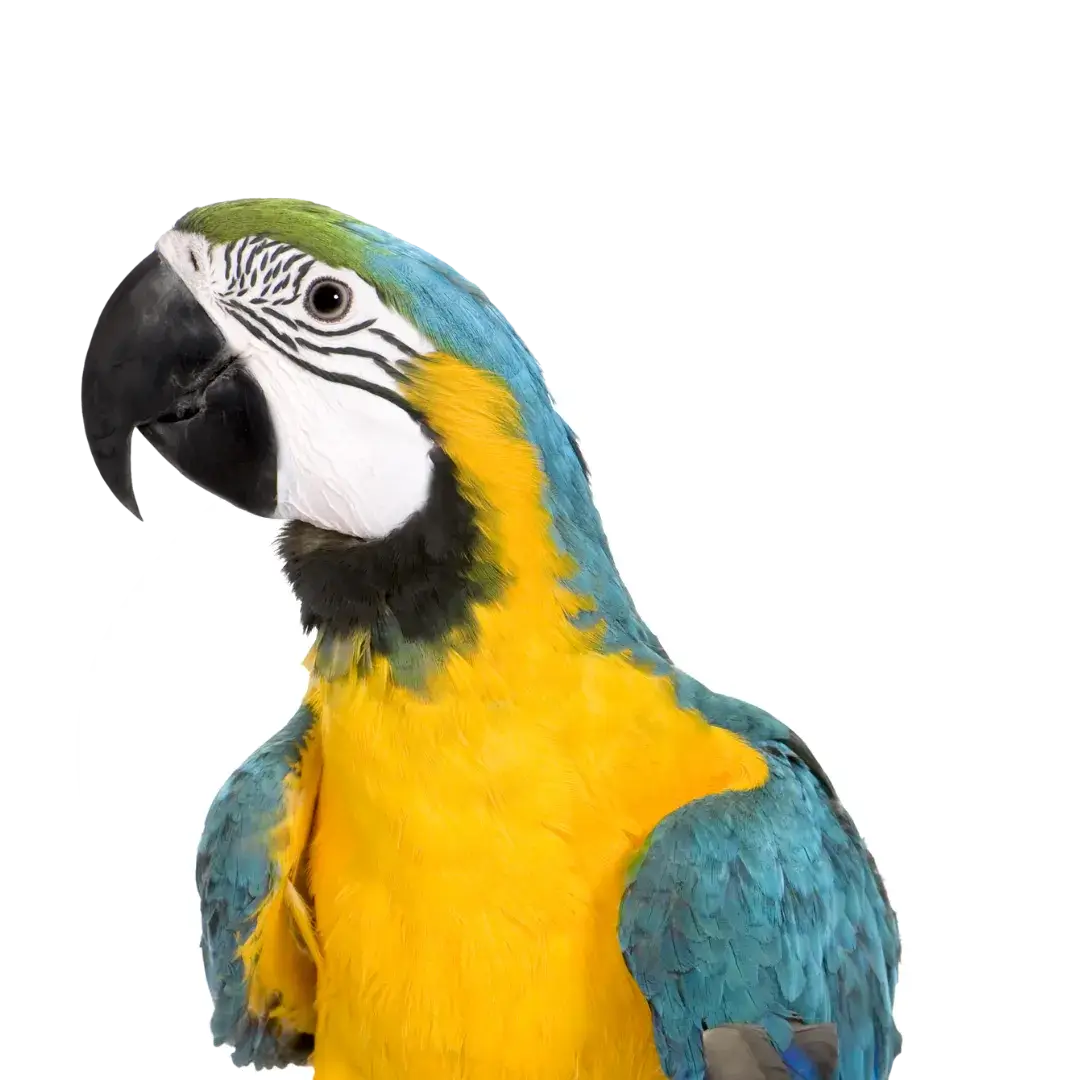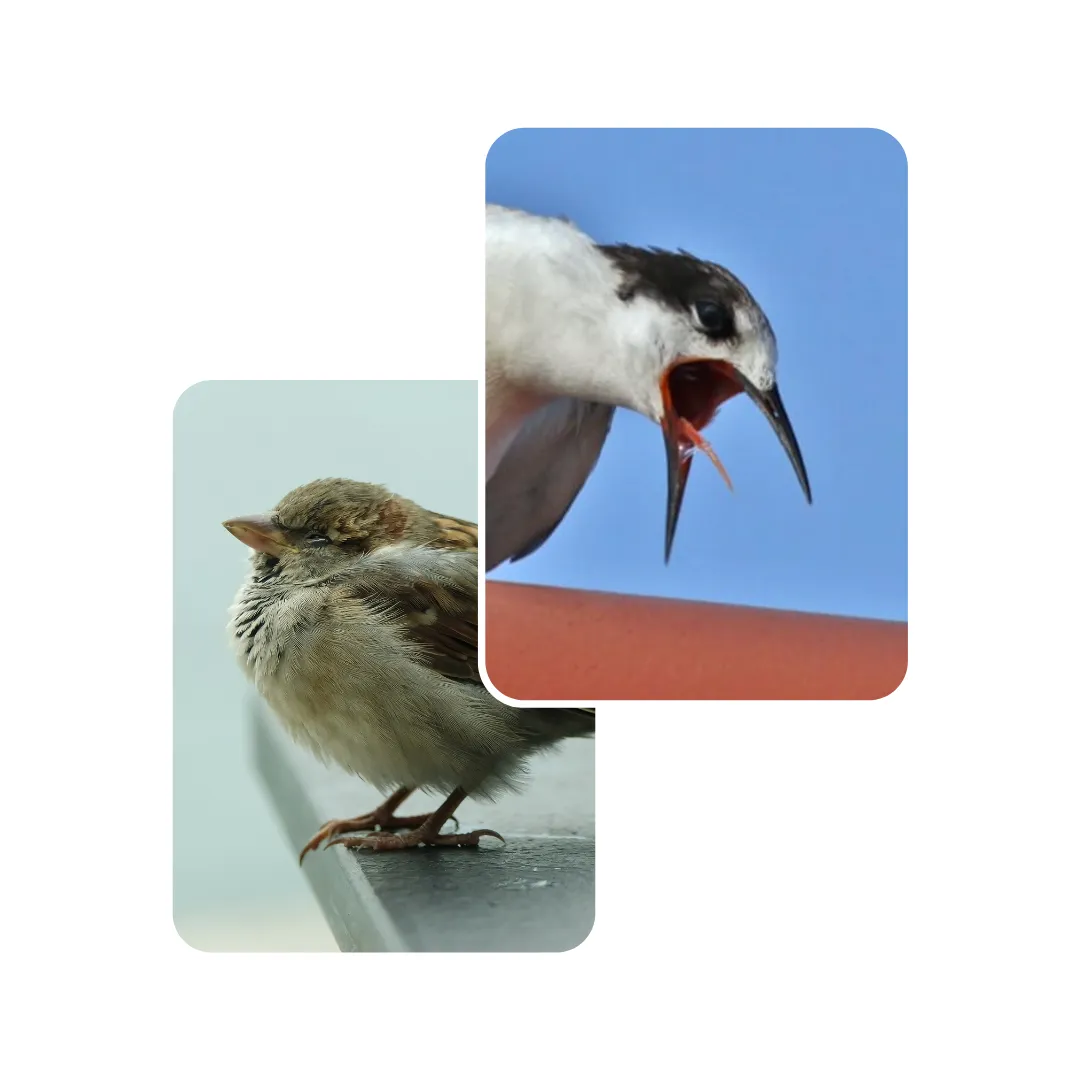

Regurgitation is normal (voluntary neck pumping to feed), while vomiting is a sign of illness (involuntary head shaking/spraying).
Yes. Vomiting in birds almost always signals a serious condition that can rapidly become fatal due to dehydration and systemic failure.
Very quickly. Small birds can become critically dehydrated in a matter of hours, making immediate intervention essential.
While some minor objects may pass, most foreign bodies require veterinary assessment and may need surgical removal.
Keep your bird warm, quiet, and offer fresh water, but do not attempt to medicate or force-feed without professional guidance.
Some bacterial and fungal infections can be transmissible, but proper hygiene minimizes risk. The immediate concern is your bird's health.
Yes. Similar symptoms may point to chronic diseases, nutritional deficiencies, or severe stress. Consult our other specialized treatment pages to learn more.
Your pet deserves expert care – Subscribe now for trusted tips and updates from our pet experts.
